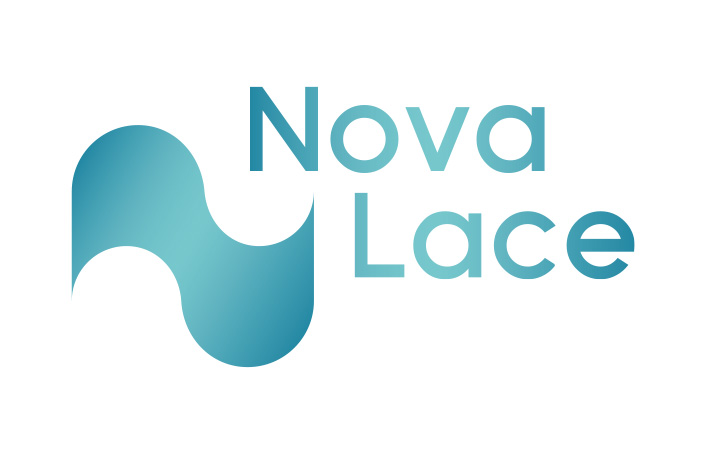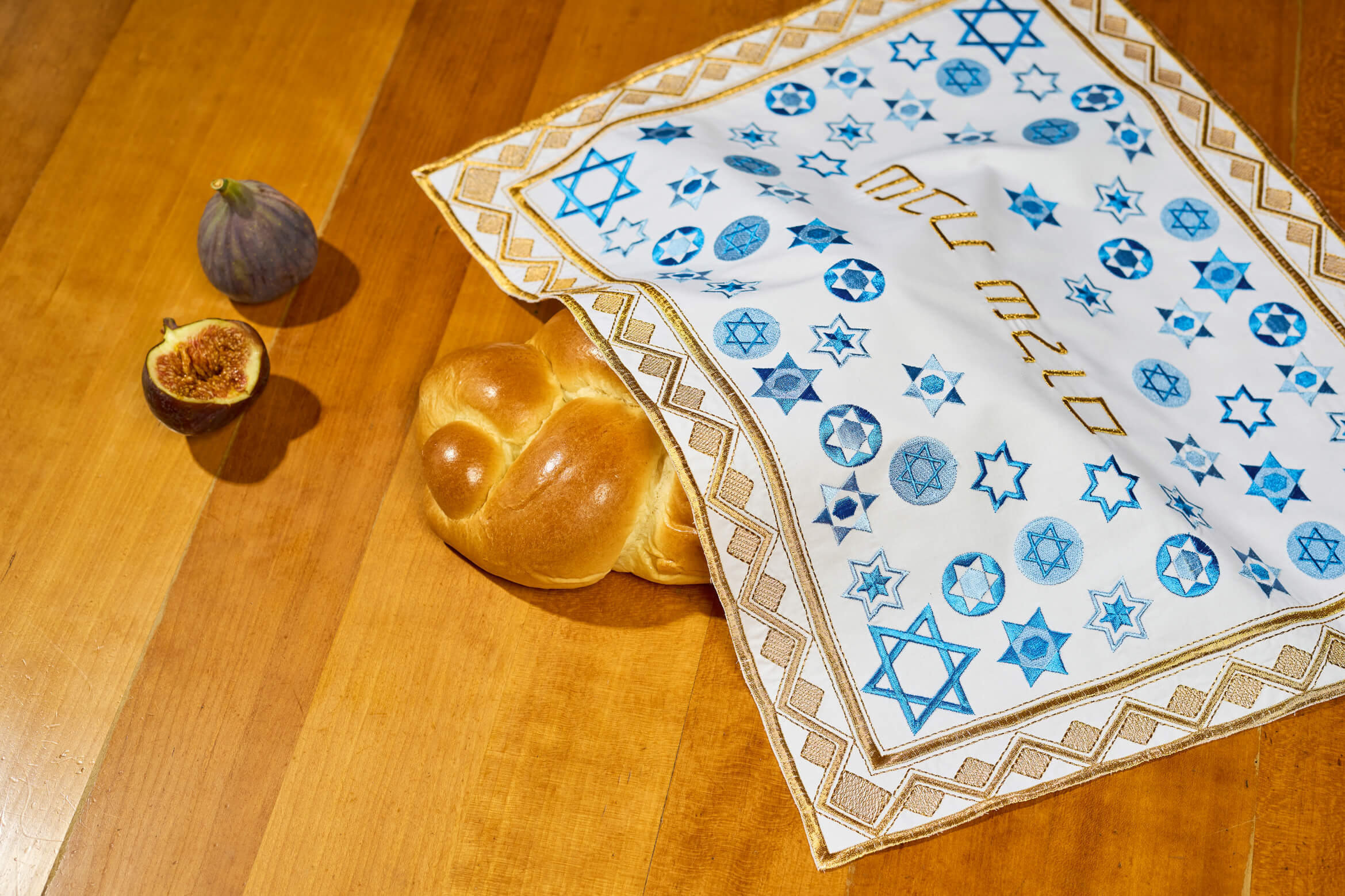
What is a challah cover?
The challah cover for the Sabbath breads is full of Jewish symbolism
The traditional covering of two braided loaves of bread before the Sabbath meal serves several purposes. These are both practical and symbolic. While the wine is blessed, the Sabbath bread remains covered. The challah covering reminds people of Jewish faith that they were once provided with heavenly manna during the Exodus from Egypt. This bread lay in the fields early in the morning, covered by dew and kept fresh.
The term „challah cover“ is a somewhat prosaic sounding term for a challah cloth. This cloth has multiple meanings in Judaism. It covers two braided loaves of bread at the meal on Shabbat or the Jewish holiday of Tom Jov, called a challah or challa. The Jewish „Shabbat“ corresponds to our Sunday. On this day, traditionally, all work should rest. On other Jewish holidays, too, the leavened bread (matzah) served for the meal is covered, but with a different cloth. This custom is already several centuries old.
Challah cloths, in principle, can be made of any fabric or material. They can even be made of paper. The covers for the Shabbat bread can be decorated in different ways, embroidered, printed, painted as well as provided with applications, fringes or lace trimmings. However, much more important than the appearance of the cloths is the size of the challah cover. The challah cover must be able to completely cover the two braided loaves. It must also be opaque. As a stopgap measure, it is permissible to use a sufficiently large napkin or kitchen towel. In any case, the kosher bread braids must not remain uncovered at the Sabbath table.
Challa originally means „portion,“ mutatis mutandis. Traditionally, each baker burned a small portion of dough from the braided Sabbath bread as an offering. Nowadays, the term „challa“ or „challah“ is also used for the whole Sabbath bread. The challah covering serves only incidental practical purposes. The kosher yeast bread, which is made of flour, water, eggs or egg yolks, sugar and spices, does not dry out quickly before being eaten. It looks more beautiful with its cloth cover. Moreover, with the challa cover, there is also a ceremonial and symbolic meaning.
The role of the challah cover on Shabbat
Shabbat (Sabbath) is sacred to the Jewish people. It is the day on which, according to Bible tradition, God finished the work of creation. Before every Sabbath meal or other holiday meal, a blessing (Kiddush) is traditionally said. First the wine is blessed, then the bread. Actually, it should be the other way around, as the sages of Judaism once intended. Now, in order not to „shame“ the bread, because nowadays the wine is blessed first, the challah cover is used. It makes the bread disappear visually. If necessary, another cloth is also misused for this purpose
But the truth is that this is not about shaming the bread at all, in that the blessing (Kiddush) is first for the wine. Sabbath breads, after all, are not capable of feeling anything. The symbolism is rather to remind those seated at the table that one should not shame anyone by preferring another. The number of braided strands of a kosher bread or its surface also convey Jewish beliefs. For example, a loaf with three braided strands symbolizes the unity of peace, truth and justice. Even the scattered grains are supposed to remind the people sitting at the table of Jewish contents.
Different bread shapes are served for each Jewish holiday. Meals on Jewish holidays are traditionally charged with symbolism. They are meant to commemorate and preserve Jewish history, Jewish beliefs and teachings, and Jewish traditions.
The memory of the Exodus from Egypt
The challah covering also reminds Jewish people of biblical scenes. So covering the bread on the challah cutting board also has a symbolic and a historical-religious dimension.
The Bible states: Moses once promised the Israelites that they would be provided with heavenly food in the form of manna every day after their exodus from Egypt. Only on the holy Shabbat, the seventh day of the week, would this heavenly „supply“ fail. In exchange, however, a double portion of manna would fall from heaven on the day before Shabbat. The Israelites actually found the heavenly manna in the fields each morning, according to the Bible narrative. It was kept moist and fresh by the wet grass and morning dew.
To this day, two braided loaves of bread are served every Sabbath and on holy Jewish holidays such as Tom Jov. They are traditionally covered with the challah cloth. The braided loaves of cake bread are symbolic of the nourishing mana bread that, according to the Bible, once fell from heaven. For each person who left Egypt for the Promised Land, two loaves of manna served as a survival aid on the arduous journey to the Promised Land. The Israelites‘ path led through barren lands and desert-like landscapes that offered no food sources. According to Jewish belief, the challah cover symbolizes the morning dew that kept the loaves fresh and moist.
Nowadays, printed and embroidered challah cloths can be bought ready-made or you can make them yourself. As a family business, we offer you 17 different challah covers in the online store.
-
 MIREL€ 52,90Depending on the country, the displayed price is with or without VATzzgl. VersandBei Lieferungen in Nicht-EU-Länder können zusätzliche Zölle, Steuern und Gebühren anfallen.
MIREL€ 52,90Depending on the country, the displayed price is with or without VATzzgl. VersandBei Lieferungen in Nicht-EU-Länder können zusätzliche Zölle, Steuern und Gebühren anfallen. -
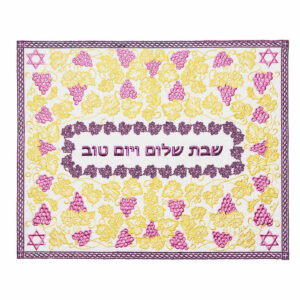 SILLA€ 52,90Depending on the country, the displayed price is with or without VATzzgl. VersandBei Lieferungen in Nicht-EU-Länder können zusätzliche Zölle, Steuern und Gebühren anfallen.
SILLA€ 52,90Depending on the country, the displayed price is with or without VATzzgl. VersandBei Lieferungen in Nicht-EU-Länder können zusätzliche Zölle, Steuern und Gebühren anfallen. -
 CAMEN€ 52,90Depending on the country, the displayed price is with or without VATzzgl. VersandBei Lieferungen in Nicht-EU-Länder können zusätzliche Zölle, Steuern und Gebühren anfallen.
CAMEN€ 52,90Depending on the country, the displayed price is with or without VATzzgl. VersandBei Lieferungen in Nicht-EU-Länder können zusätzliche Zölle, Steuern und Gebühren anfallen. -
 SIDRA€ 47,90Depending on the country, the displayed price is with or without VATzzgl. VersandBei Lieferungen in Nicht-EU-Länder können zusätzliche Zölle, Steuern und Gebühren anfallen.
SIDRA€ 47,90Depending on the country, the displayed price is with or without VATzzgl. VersandBei Lieferungen in Nicht-EU-Länder können zusätzliche Zölle, Steuern und Gebühren anfallen. -
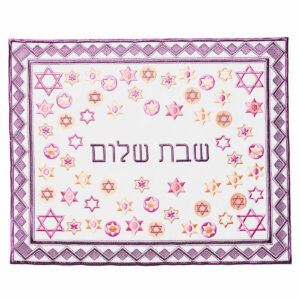 ESTHER€ 47,90Depending on the country, the displayed price is with or without VATzzgl. VersandBei Lieferungen in Nicht-EU-Länder können zusätzliche Zölle, Steuern und Gebühren anfallen.
ESTHER€ 47,90Depending on the country, the displayed price is with or without VATzzgl. VersandBei Lieferungen in Nicht-EU-Länder können zusätzliche Zölle, Steuern und Gebühren anfallen. -
 GOLDA€ 47,90Depending on the country, the displayed price is with or without VATzzgl. VersandBei Lieferungen in Nicht-EU-Länder können zusätzliche Zölle, Steuern und Gebühren anfallen.
GOLDA€ 47,90Depending on the country, the displayed price is with or without VATzzgl. VersandBei Lieferungen in Nicht-EU-Länder können zusätzliche Zölle, Steuern und Gebühren anfallen. -
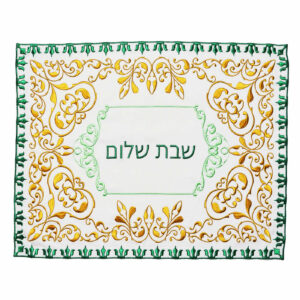 FELENA€ 48,90Depending on the country, the displayed price is with or without VATzzgl. VersandBei Lieferungen in Nicht-EU-Länder können zusätzliche Zölle, Steuern und Gebühren anfallen.
FELENA€ 48,90Depending on the country, the displayed price is with or without VATzzgl. VersandBei Lieferungen in Nicht-EU-Länder können zusätzliche Zölle, Steuern und Gebühren anfallen. -
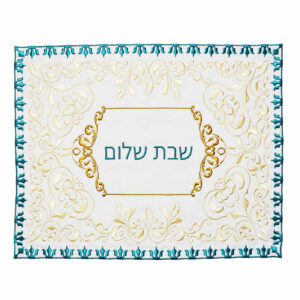 MERIAM€ 48,90Depending on the country, the displayed price is with or without VATzzgl. VersandBei Lieferungen in Nicht-EU-Länder können zusätzliche Zölle, Steuern und Gebühren anfallen.
MERIAM€ 48,90Depending on the country, the displayed price is with or without VATzzgl. VersandBei Lieferungen in Nicht-EU-Länder können zusätzliche Zölle, Steuern und Gebühren anfallen. -
 YAELLA€ 48,90Depending on the country, the displayed price is with or without VATzzgl. VersandBei Lieferungen in Nicht-EU-Länder können zusätzliche Zölle, Steuern und Gebühren anfallen.
YAELLA€ 48,90Depending on the country, the displayed price is with or without VATzzgl. VersandBei Lieferungen in Nicht-EU-Länder können zusätzliche Zölle, Steuern und Gebühren anfallen.


